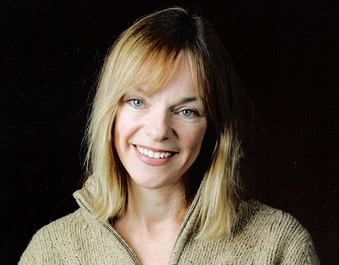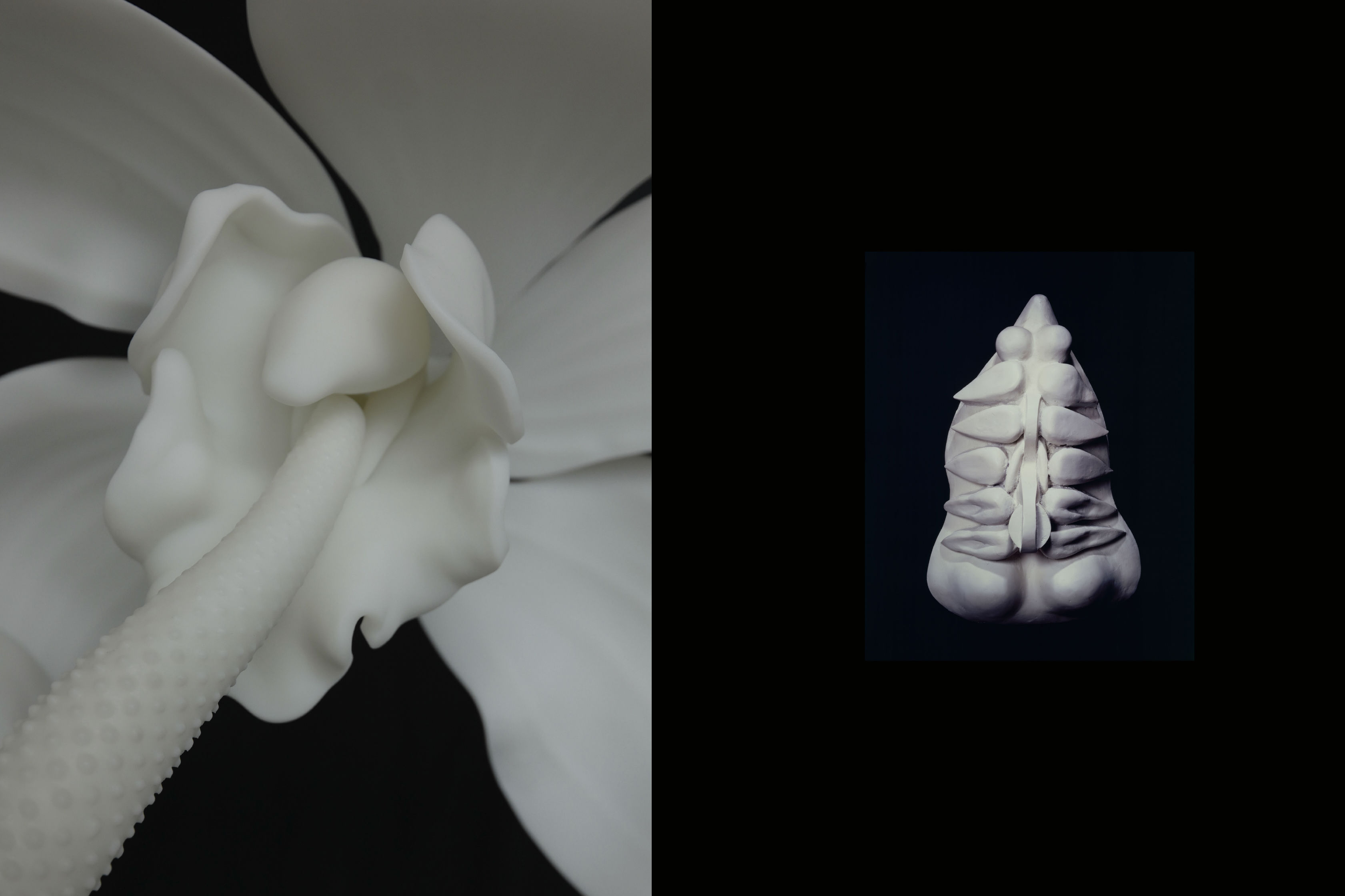Q&A: "The Monster-Builder" Playwright Amy Freed

The new year once again brings a bumper crop of new plays to Portland as part of the Fertile Ground festival of world-premiere theater and dance work. Among dozens of shiny new shows debuting during the fest—you can view a full schedule at Fertile Ground’s website—the shiniest is Artists Repertory Theatre’s The Monster-Builder. An absurd yet trenchant comedy by Pulitzer finalist Amy Freed about a Faustian, egomaniacal “starchitect,” the play represents a big “get” for the relatively small Artists Rep. We phoned Freed at her San Francisco home to talk about why she chose to debut Monster-Builder at ART and how the comedy is a protest against bad architecture.
What should audiences expect from The Monster-Builder?
Like the title implies, it’s a more recent take on some of the themes of Ibsen’s The Master-Builder—it’s, like, what happens when architecture goes mad. All of us have seen what has happened to the modern city under the influence of the starchitects of the last several decades. I grew up looking at sort of the iterations of modernism, the simple skyscraper. Then, as the ’60s turned into the ’70s and postmodern theory impacted everything, we started seeing this whole other form, the bloated, towering, crazy shapes, emerge on our cityscapes. I think what’s happening to the cities we live in and love has been a cause of consternation for a lot of human beings on the planet. So I try to bring these concerns into a language that’s theatrical, that’s fun, that’s a little outrageous, to provoke discussion and reaction. I want to make ordinary people feel free to have an opinion on these subjects, because I think a lot of development—and especially development with big money behind it—relies on the idea that you can make people feel too stupid to have a feeling about something.
I’m just talking about the ideas behind the play. What an audience can expect is that it’s a pretty absurdist comedy; some elements play like a mad sex farce. It’s a Faust story about an architect who sells his soul to the devil, lives forever, and goes around creating bad architecture through the centuries. I don’t mean to make it sound more highbrow than it is. I really care about these issues, but I have spent most of my career trying to hide what a geek I am and make the work fun for anybody. But it’s a serious point being made in a very satirical style, and the point is that what is built around us can make our lives good or bad to a large extent, and to give energy to the resistance.
Was your starchitect inspired by “difficult” architects from history and literature such as Frank Lloyd Wright and The Fountainhead’s Howard Roark?
Well, sure. I love The Fountainhead; Ayn Rand’s ideas are terrible, but the book is so kitschy and fun. All the stuff she decries in the book is the only thing holding cities up. But the thing I’m more parodying is the whole consortium of architects Philip Johnson kind of curated. They gave rise to the postmodern-and-beyond idea that architecture basically should refer to no older forms, that all previous formal orders were there to be distorted, or riffed upon, or actively destroyed. It has been really unsettling for people. For an architect to create a monumental experience on an urban landscape that everybody uses, the intent of which is to disorient and disturb—which is actually an aesthetic that was promulgated—is the height of arrogance, the height of ego. That’s what the character is reflecting.
Where does your interest in architecture come from?
My dad was an architect, so I was always rather interested. I lived in the classic architect’s house, which was falling down. He was doing a remodel of a house that had been built by a disciple of Frank Lloyd Wright up in the backwoods of New York state, and the house was in a constant state of renovation, excavation, destruction, and despair. So I lived with the clash of theory and the sort of low-rent version of Falling Water.
How much was Ibsen’s The Master-Builder, which your title plays on, part of your development process?
It came kind of late. The working title was The Glass House; what I started with was based on an attempted murder that took place here in San Francisco in a glass house. I couldn’t get over the contradiction between life lived in this conceit of modernism—that everything should be totally visible to the neighbors—and the horrible mess of human life within. The first scene of the play takes place within an utterly transparent house, and that’s a motif in the play. I was into the idea of a place with no shadows, no closets, no places to hide, no ghosts. Where every crime, every ugliness, was visible.
Why did you choose the relatively small ART to premiere the play?
[Director] Art Manke is an old friend, and he brought the play to [leads] Michael Elich and Robin Nordli at the Oregon Shakespeare Festival, who are terrific actors, so my normal concerns about a small company being able to cast the play were alleviated. It’s one of the first times in my playwriting career when I’ve been able to know I’m working with old friends and artists I really like. A good, representative production in a small theater is a lot better for a premiere than a mishandled production in a more prominent theater, because it will never get a second shot if it goes up where it can’t be cast well or whatever.
What do you think the lead role requires?
First and foremost, somebody with a wicked sense of humor and tons of confidence and charm. It’s got to be a person who can handle the ideas of the play. It needs an actor who’s kind of a hambone, who enjoys a grandstand-y, comic evening. And that’s not easy to find! We all know who those actors are, and there are like 10 of them, who can take people on a ride and be awful and look good doing it.
The Monster-Builder
Artists Repertory Theatre
Jan 28–Mar 2
Fertile Ground
Jan 23–Feb 2
I’m excited to finally hear [the role] in a production, because I enjoy the play a lot [laughs]. I mean, that sounds funny coming from me, but I don’t enjoy all my plays by any means. Some of my plays are torture for everybody, but I think this reads well and plays easily enough. Michael Elich is a really funny guy; I’m feeling quite lucky with this situation because he and Robin Nordli, who are grounding the comic character leads, are wonderful and very, very seasoned. I would not have done this without such a core of known elements. And there are just enough unknown elements for it to be fun, you know?




